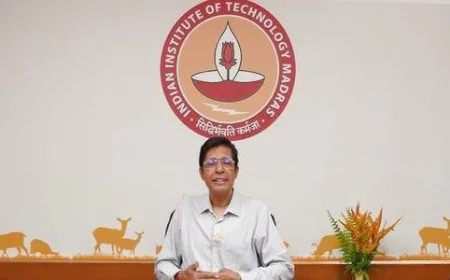China's population increase formula: Freedom to become mother through IVF
China's population increase formula: Freedom to become mothers through IVF, but will have to marry local boys only

China is making many efforts to return the youth of the aging population of the country. But the new generation is not ready to have more children. In this episode, the Jilin state of China has given the freedom to unmarried girls to give birth to children through IVF (in-vitro fertilization) to increase the population. Some women have been appointed in the state of Hebei to pressure other women to have more children.
'Operation Bed Warming' is to begin in a district of Hunan state. In this, girls will not have the freedom to go to big cities for studies or jobs. They will have to marry only local boys. Proponents of this scheme say marriage is not a matter of personal liberty. It is the responsibility of the future generation the development of society.
One child policy was implemented in China from 1980 to 2015. This policy has increased the average age of the population of China. Last year, 16 million children were born in China, which is close to the death rate there. China is worried that the population will start declining next year. Already suffering from a shortage of staff. China currently has a fertility rate of 1.3 per woman.
In order to increase the population, different states, districts and cities of China are making many types of rules and regulations and also providing facilities. In 2015, China implemented the two-child policy. After this, the three-child policy was implemented in China in 2021 last year.
Gansu state has announced to give about Rs.1.25 lakh to the couple every month for the third child for three years. Also, for the second child, half of it i.e. about 60 thousand rupees will be given. Some cities in China have arranged free government coaches for children. Whereas some cities have made a law to give 15% relief in the rent of the house of a family of 3 children.
Wang Feng of the University of California says, China can do whatever it takes, but it cannot stop the declining birth rate. People are more educated than before and the urban population has increased. So women are not giving preference to more children. The same is the case with South Korea and Japan. These countries also did not get success in the campaign to increase the population.
Major cities in China like Beijing-Shanghai have extended maternity leave by 1 month. Companies have been asked to increase the pattern left. According to a report, it costs an average of 50 lakh rupees to raise a child in China. Even more so in big cities. Like the state of Gansu, the government should give a subsidy of Rs.1.25 lakh every month, only then women will be able to think of more children.





































.jpeg)


































































































